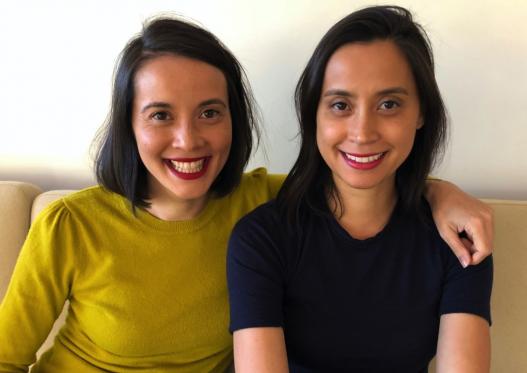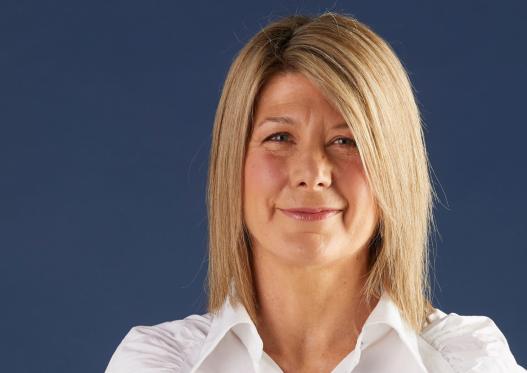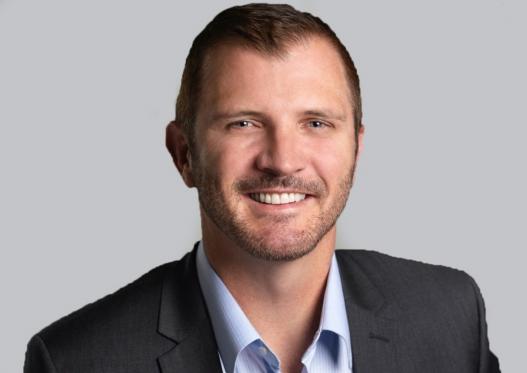‘Business as Usual’ as we know it in the context of the financial and professional services industries has changed significantly since mid March 2020..
In a webinar hosted by ASIC in July, JPMorgan’s chief operating officer, Warren Davis, said that the company’s business environment will “never go back to how it was before” preceding the COVID-19 pandemic.
So, what has the experience been like when it comes to starting a new role at a new organisation during the onset of COVID-19?
I started in my role as Transaction Analysis Associate at AMP in March of this year, working just five days at the office before transitioning to working from home indefinitely. It was around the same time I was announced as a 2020 Young Ambassador with The Banking and Finance Oath (The BFO).
Since then, I’ve realised the disruption catalysed by COVID-19 has given breath to the advancement and utilisation of technological innovation that gels employees working from home together in their endeavour for productive collaboration.
Zoom had 10 million daily meeting participants in December 2019, yet just four months later in April 2020 this figure soared to 300 million daily meeting participants. Microsoft Teams has enjoyed similar growth, with usage up 70% to 75 million daily users in April 2020, and two-thirds of these users also interacting with files shared within the application.
Christina Wu, Senior Consultant, Management Consulting at KPMG, started in her new role with the organisation in February 2020. When asked about the virtual nature of her relationships with colleagues and clients, she said: “I have met neither my project team nor our clients in person.”
“Technology has been absolutely critical in helping me bond with everyone. We may be socially distancing but we are certainly not socially distant.”
The implications of COVID-19 on the working environment within financial and professional services has also made apparent the need for an organisational culture that focuses on communication and social engagement.
Alex Green, Treasury and Trade Solutions Analyst at Citibank, started his graduate role with the bank earlier this year. In response to how he has been able to learn and embrace the culture while working remotely, Alex said: “I work at an organisation that is very global in nature and as a result, they were already experienced at communicating messages around values and ethics that the company sees as being important to employees who are in disparate physical locations.”
“This has meant that I've still been able to gain a solid understanding of the company's culture via the emails they send, the videos they make and the podcasts they create to clearly communicate to employees what the company's position is in relation to key events like the Black Lives Matter protests and the COVID-19 pandemic itself.”
A positive change instigated by COVID-19 into the operational model of organisations is “a recognition of the importance of environmental, social and corporate governance considerations,” according to Alex.
“The pandemic has shown how costly ignoring these factors can be for economies, businesses and individuals.”
Reflecting on the workplace versatility forced upon the industry by the pandemic, Christina spoke highly of the improvements to digital capabilities taking place.
“With my background being in digital transformation, I love seeing organisations become more agile," she said.
“I was recently on a call with someone who worked in Financial Markets. It’s a part of banking that many said would never go agile due to the security requirements and sheer amount of screens they require for their job.”
“However, when the situation necessitated it, they found a way!”
Ricky Rangra is a Transaction Analysis Associate at AMP, and a 2020 Young Ambassador for the Banking and Finance Oath (BFO), a proud supporter of FINSIA.








